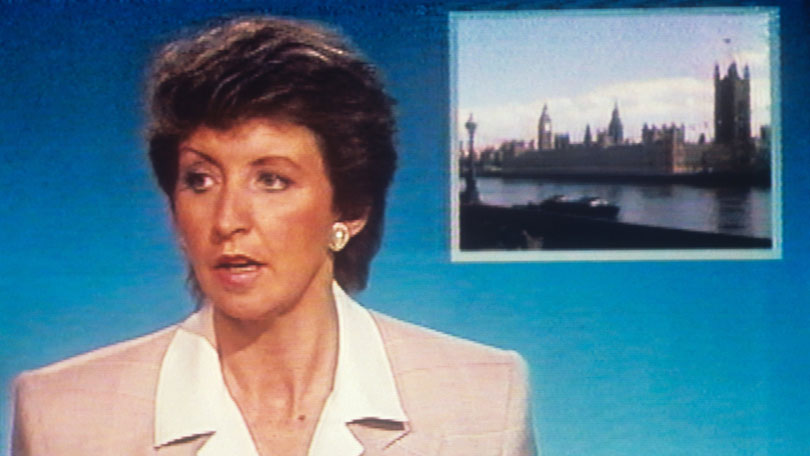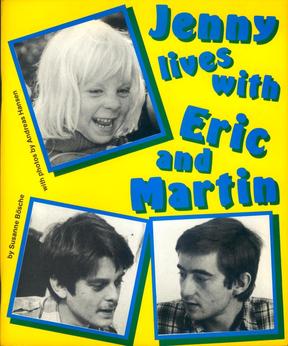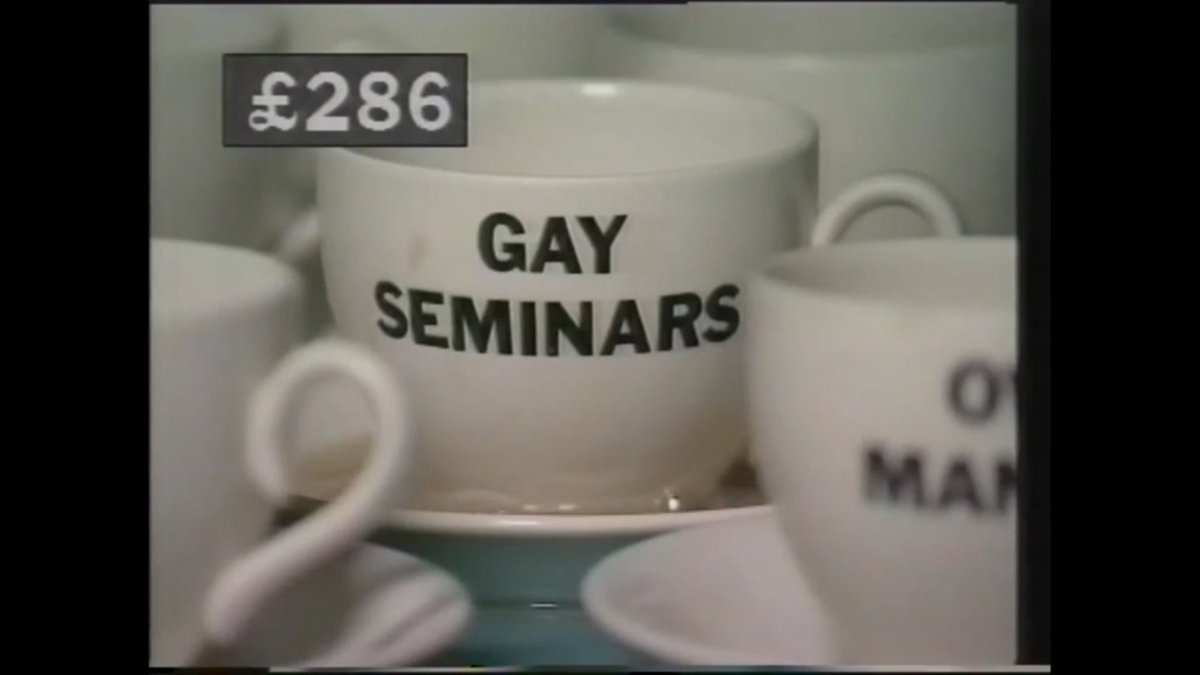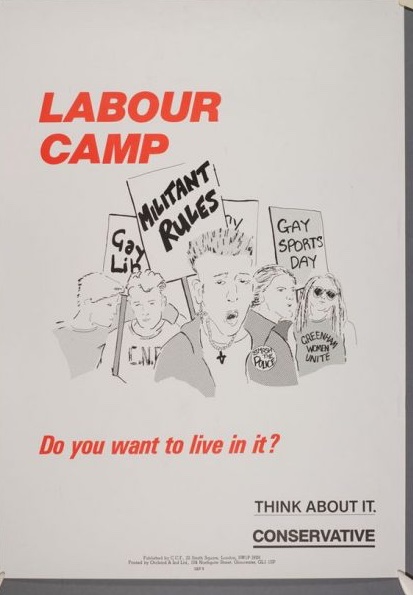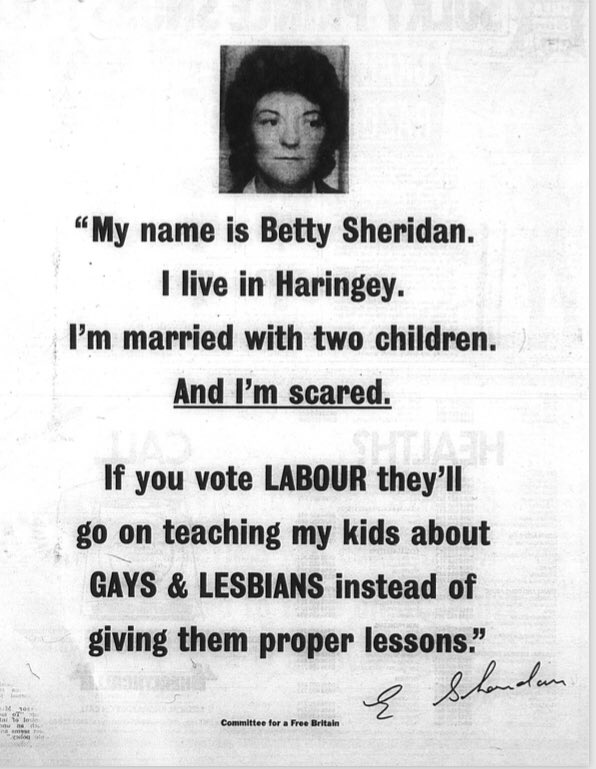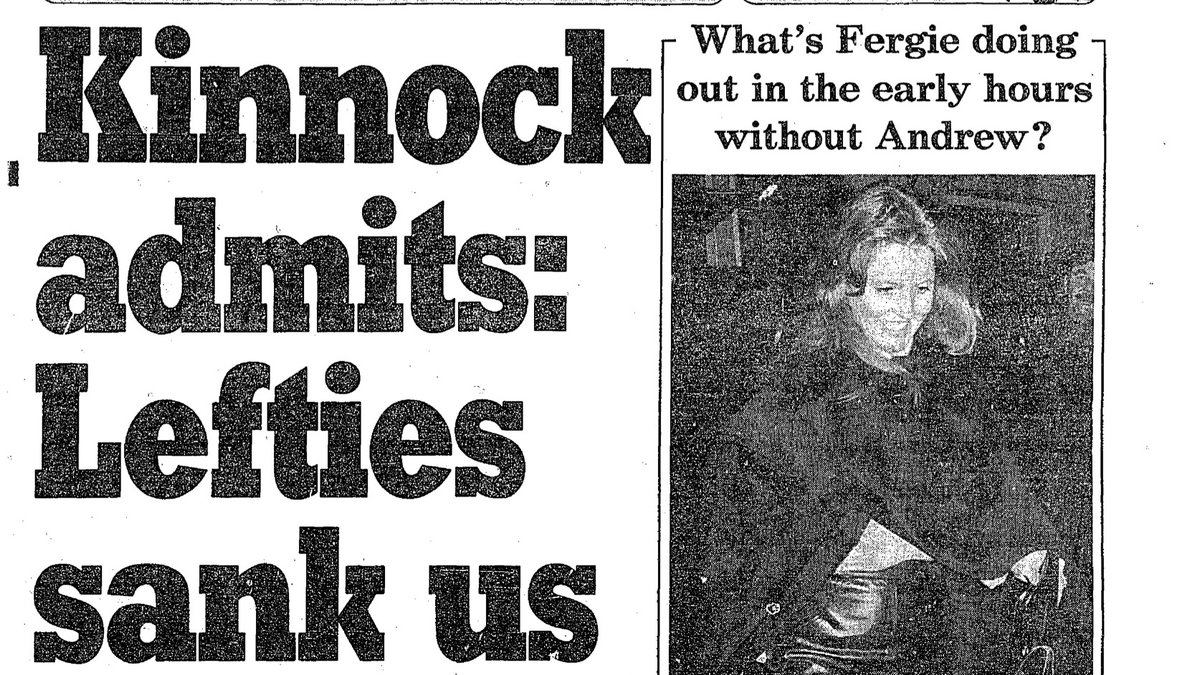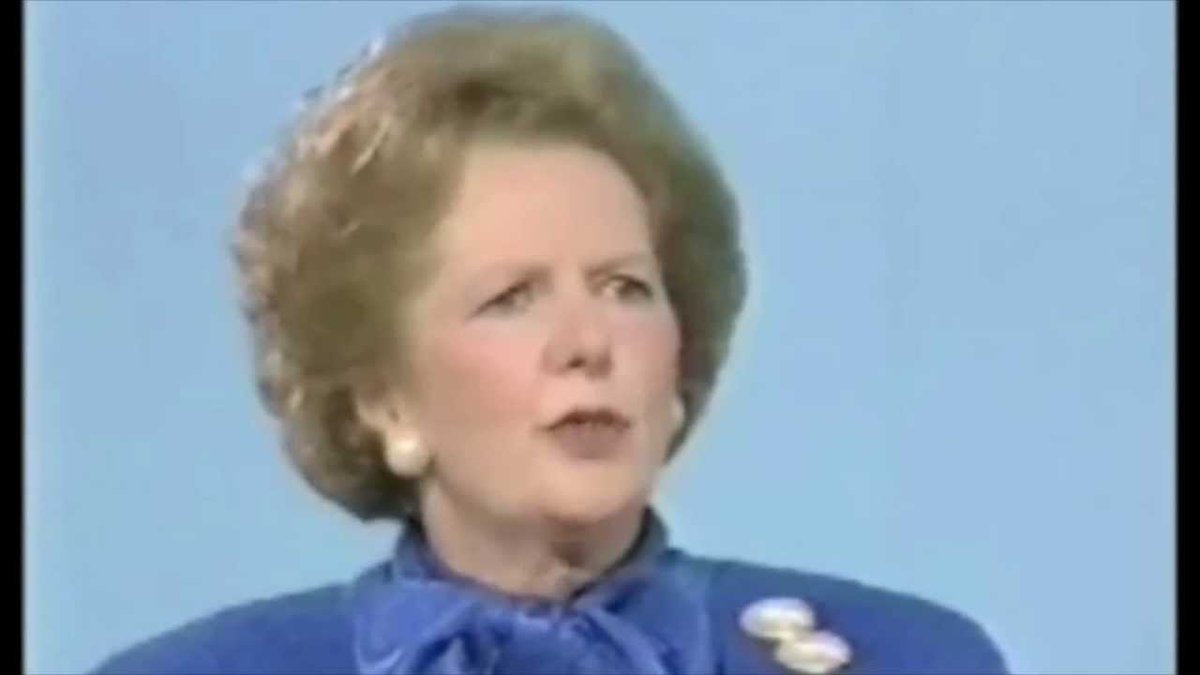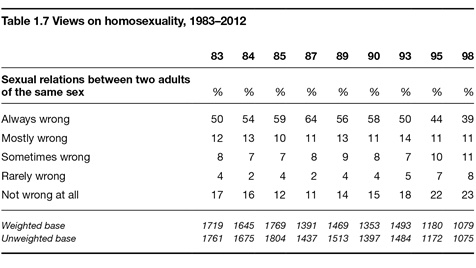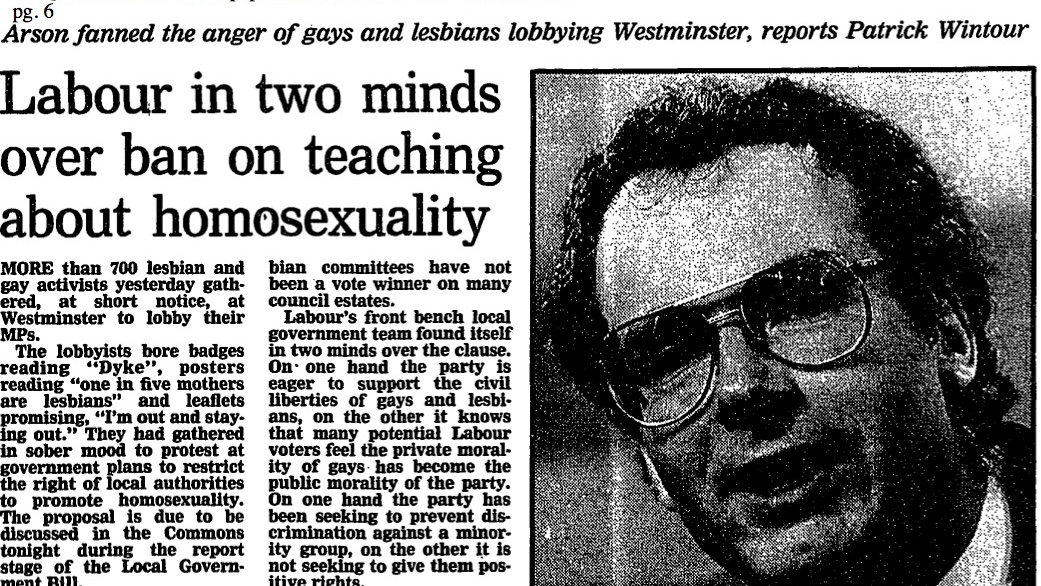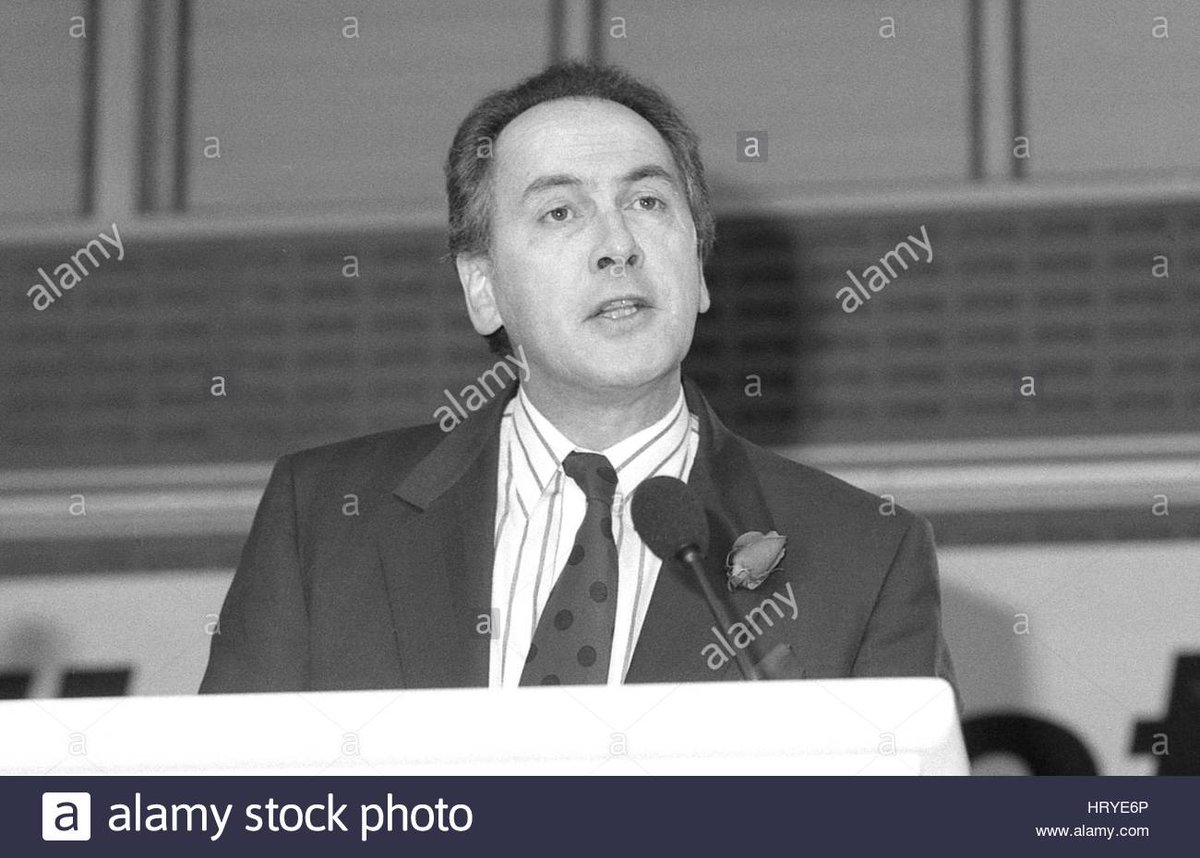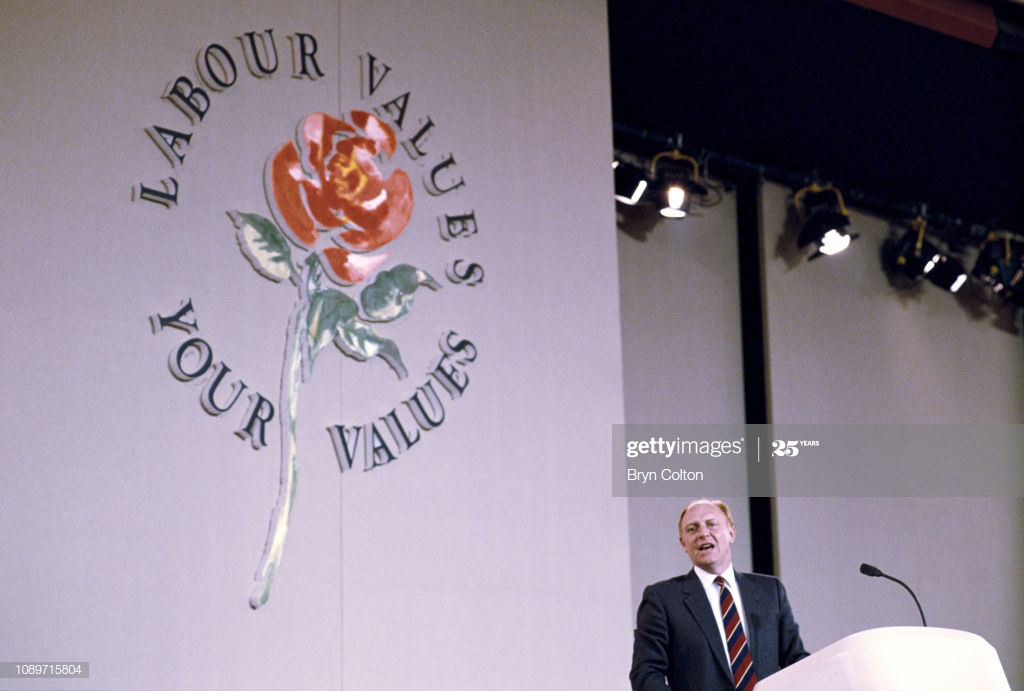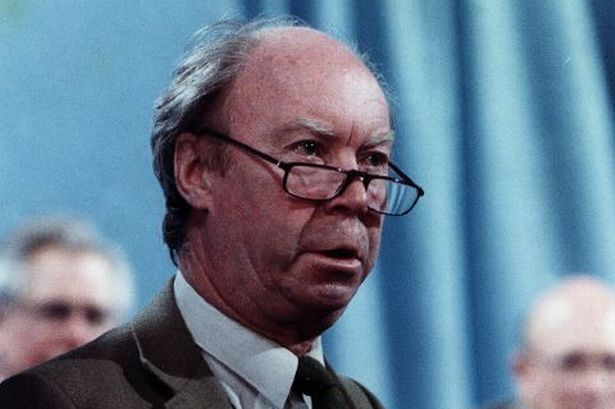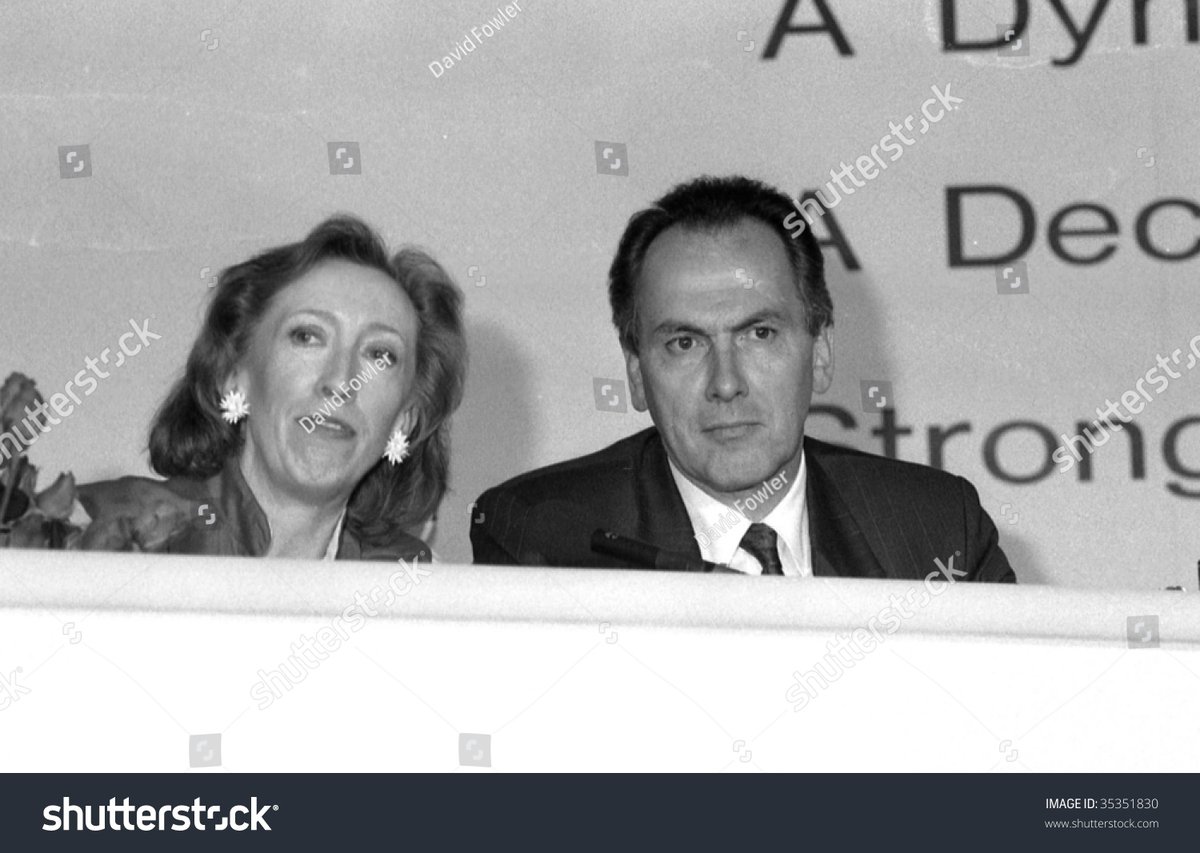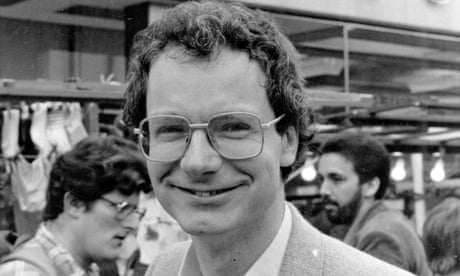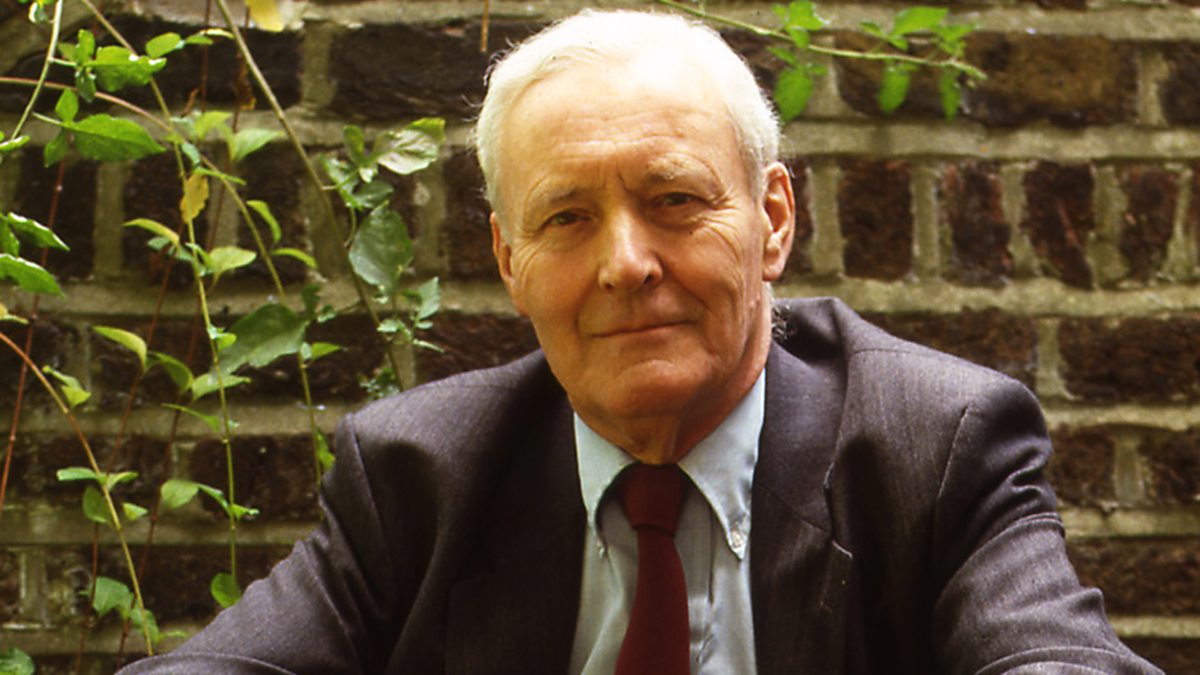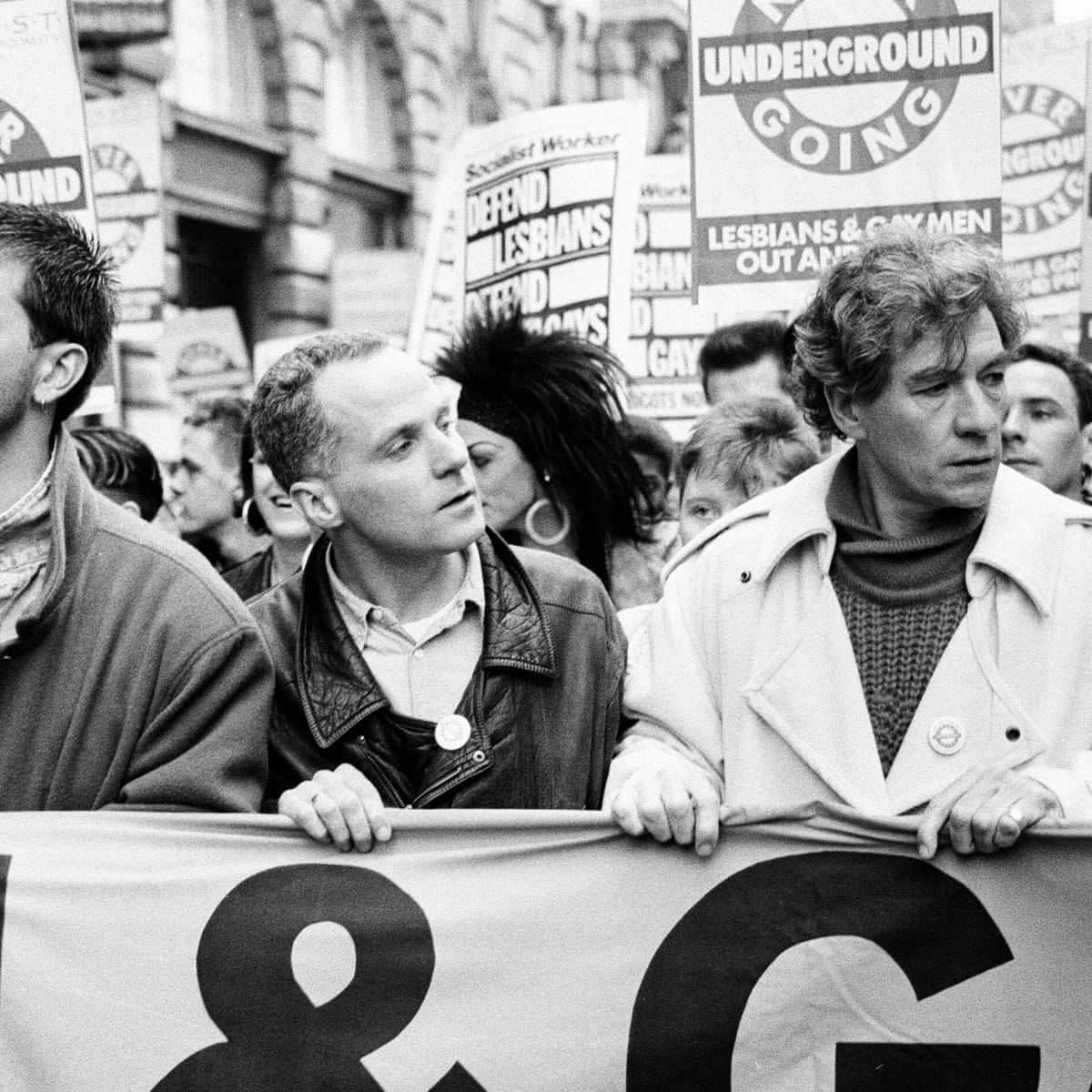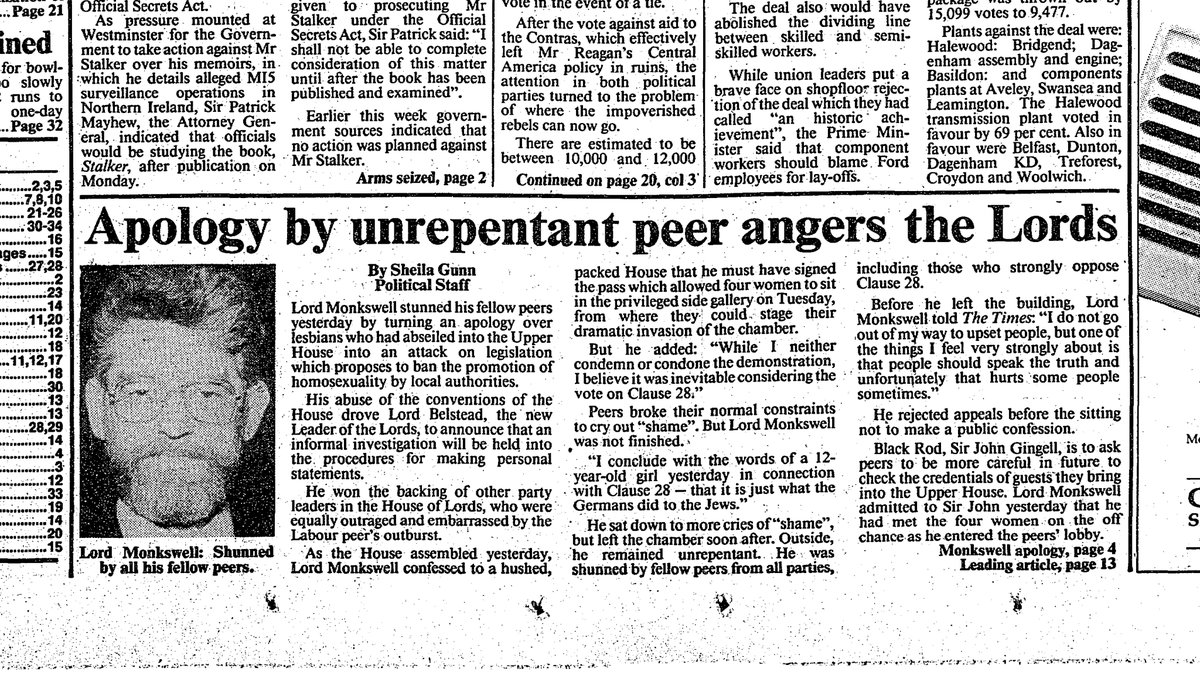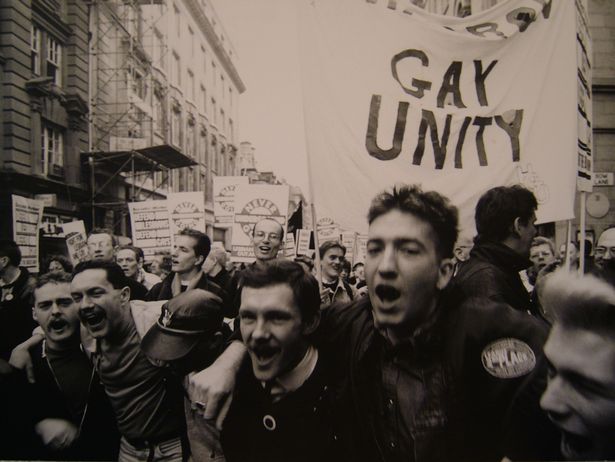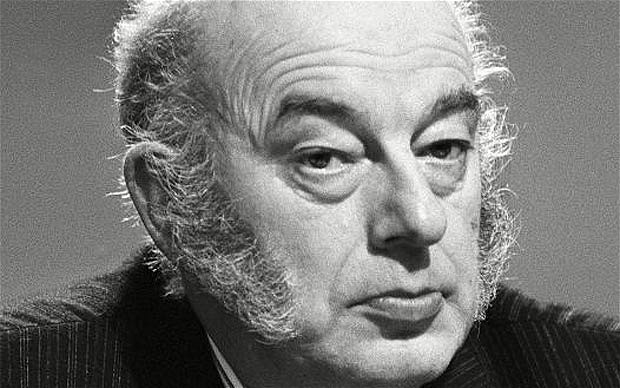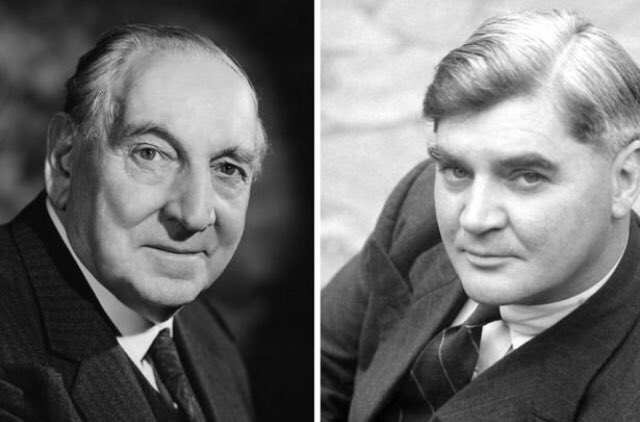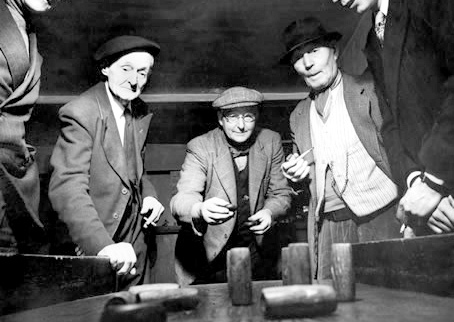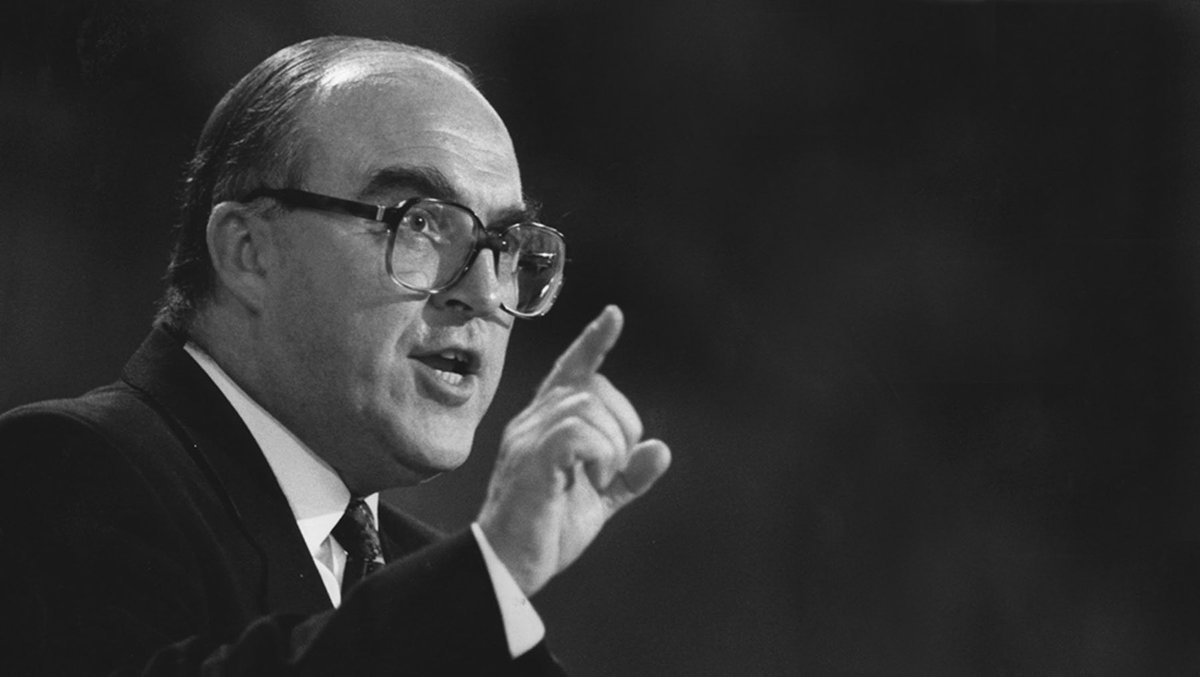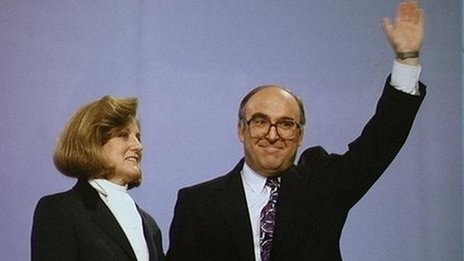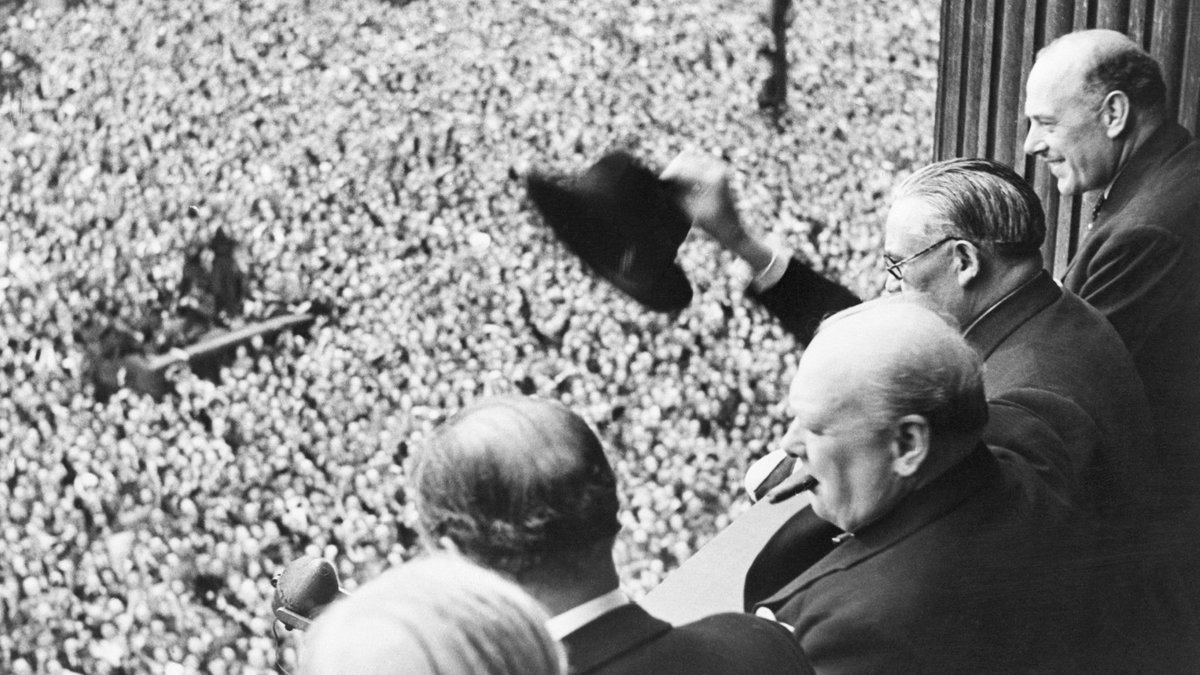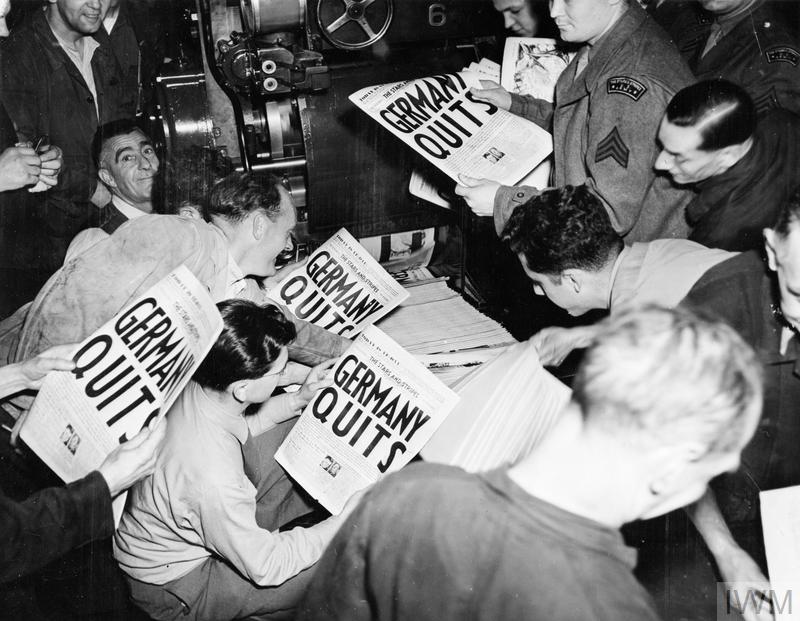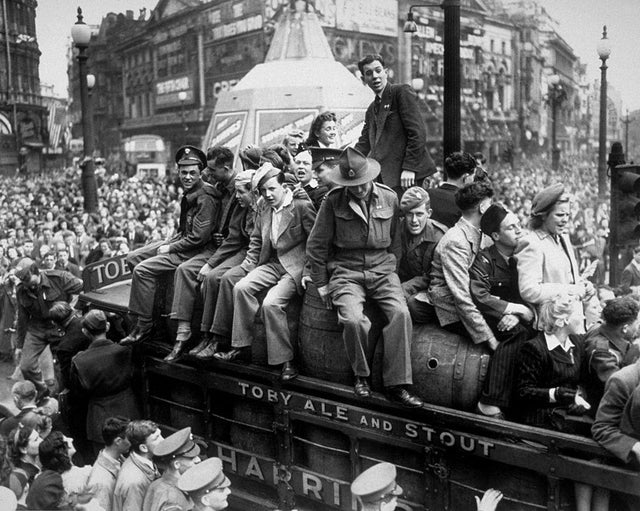A look back at the controversy surrounding its introduction
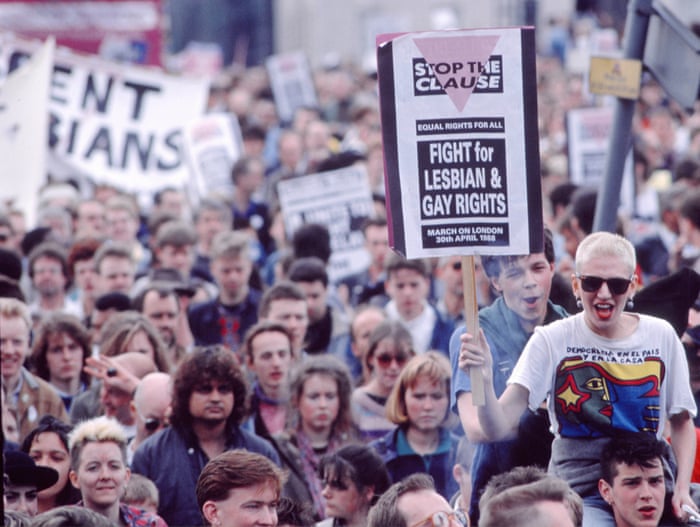

He called the books unacceptable to the wider public.
‘Millions outside Parliament object to little children being perverted, diverted or converted from normal family life to a lifestyle which is desperately dangerous for society and extremely dangerous for them’
Cunningham opens ‘the Government were bigoted and were seeking to encourage bigotry’
‘That form of sexuality will be endorsed, approved, applauded and given enhanced legal status, and everything else will become second-class….’
‘true morality and true decency mean accepting and celebrating diversity and being tolerant of the fact that everyone, no matter who or what he is, is entitled to live and lead his own life’
‘a campaign has been whipped up by the gutter press which has done more to lower the standard of personal and public morality than any others in modern British society’
‘The day will come when people will look back on this debate and be glad that there were hon. Members on both sides of the House who stood against what is an incitement to harass decent people’
Some predicted that ‘Britain would fall prey to censorship where intolerance would be encouraged’. Actresses such as Susannah York, Shelia Hancock and Jane Asher opposed.
‘Gays and lesbians are everywhere and they should be seen to be everywhere’
He claimed the parties could publish a new book ‘Neil lives with Margaret and Edwina’
Protestor Rachel Cox claimed ‘we did it because we are very angry lesbians’
She added ‘It beat anything that ever happened in the Commons’
Local gov ‘shall not intentionally promote homosexuality or publish material with the intention of promoting homosexuality’ or ‘promote the teaching in state schools of the acceptability of homosexuality as a pretended family relationship’
bbc.co.uk/news/av/storie…
END
